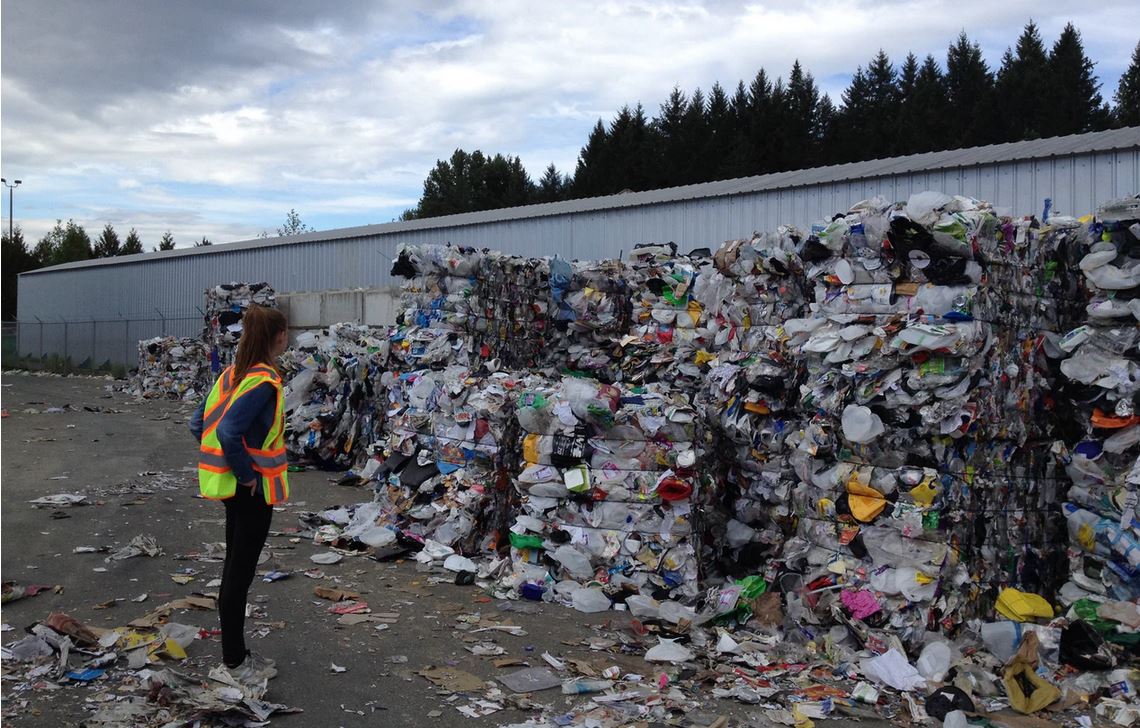Expectations and Implications of Circularity in Society

The overall aim of this project is to identify and analyze the environmental sustainability implications of new modes of production and consumption brought about by changes in the transition to a circular economy.
Sofia Lingegård has received a Formas early career researcher grant of 4 million SEK.
The project group also includes Michael Martin, IVL/KTH and David Lazarevic, Syke.
The circular economy (CE) has been suggested by many societal actors to lead to more sustainable resource use and lower environmental impacts. As such, many stakeholders have begun to develop roadmaps, targets and goals, often with positive expectations. However, these claims are often unfounded, lacking a holistic approach to the implications that the CE may have.
The objectives include:
O1: Identify and analyze the discourse employed to promote strategies to stimulate the CE in selected case study sectors
O2: Map and outline potential trajectories for the sectoral development toward reaching the CE and the consequences this may have for material sourcing and for other sectors in society
O3: Analyze the potential environmental impacts, positive and negative, of this transition on different levels
O4: Disseminate knowledge to the scientific community, business sectors, and decision-makers
The study will focus on the construction and food sectors, as they have large environmental impacts, have received extensive media focus, and have vastly divergent supply and value chains. The results from this project will be novel and highly relevant to both the academia and industry, bridging practical and theoretical knowledge of the implications of circular initiatives.
